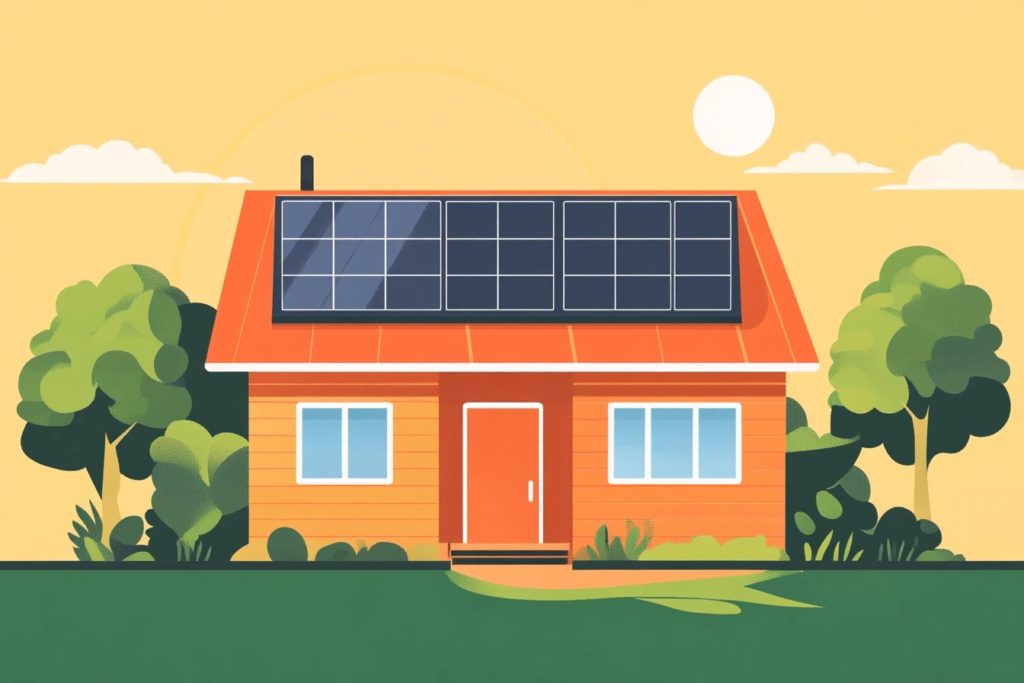While there are several significant advantages of solar energy — including the potential for both environmental and economic benefits — that doesn’t mean that there aren’t any possible disadvantages. One of these potential downsides is the fact that some parts of the country simply don’t receive much direct daily sunlight.
This is due to the fact that sunlight itself isn’t enough to generate power. Rather, you’ll need to consider peak sun hours, which is the metric used to assess how many hours per day your solar panels will be able to function at optimal capacity.
Some parts of the country, like portions of California, Nevada, and Arizona, receive six or more peak sun hours per day, but the coastal regions of Washington and Oregon only receive three to four hours per day. If you live in a location without much sunlight availability, you may want to assess whether solar is the right answer for your energy needs.
Another disadvantage is the reliability of solar. Obviously, your panels won’t generate any energy at night, and the presence of clouds can also disrupt the efficiency of your solar system. In addition, solar energy can have steep setup costs, especially if you need to purchase a battery storage system. If you don’t have access to robust solar incentives and tax credits, your initial setup costs could total tens of thousands of dollars.
Finally, solar energy isn’t a terribly efficient form of power generation, as most solar panels are only 15% to 20% efficient — traditional forms of fossil fuel-generated energy can have much higher efficiency ratings.




